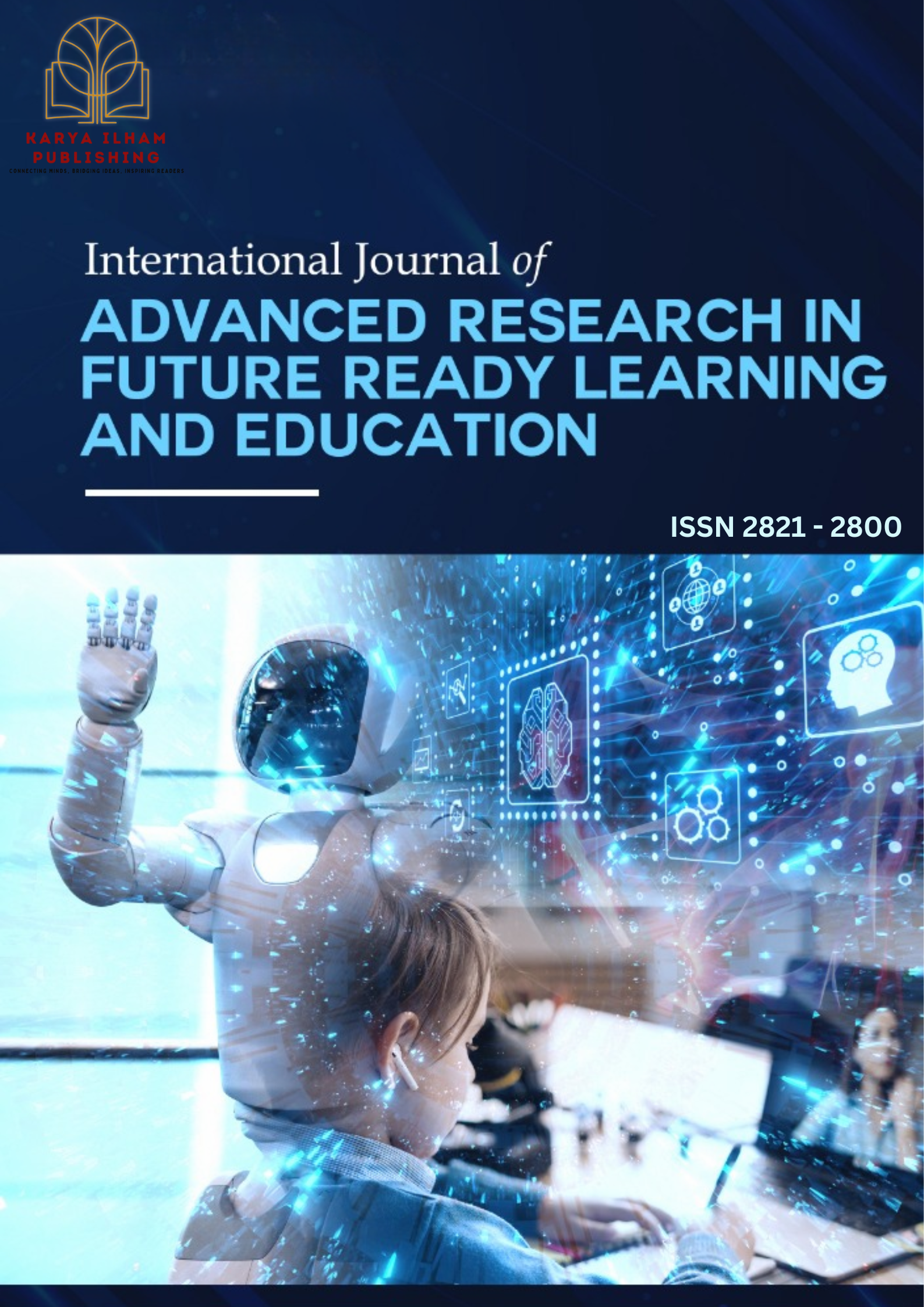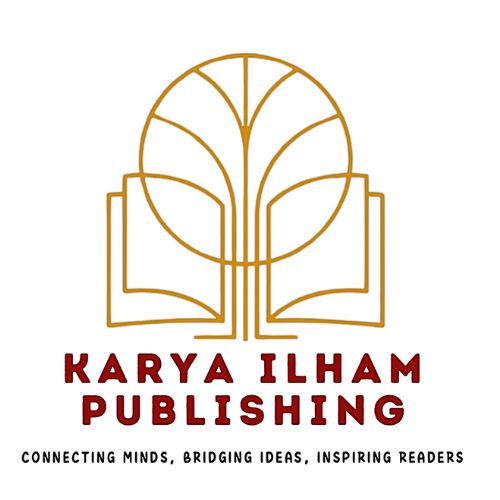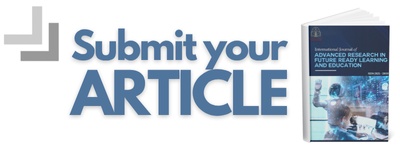Student Perceptions of Metacognitive Strategies in Hybrid ESL Classrooms: Advancing Self-Regulated Learning for Future-Ready Education
DOI:
https://doi.org/10.37934/frle.39.1.3847Keywords:
Hybrid learning, metacognitive strategies, Self-Regulated Learning (SRL), SL students, independent learningAbstract
Hybrid learning has emerged as a key educational model in the post-COVID era, offering flexibility through a combination of online and face-to-face instruction. In hybrid ESL classrooms, students must independently manage their learning progress by requiring strong metacognitive strategies to plan, monitor, and evaluate their learning. However, this mode of learning can also present challenges in students' ability to self-regulate their learning, and research on their perceptions of these strategies in hybrid learning remains limited. Therefore, this study aims to examine ESL students' perceptions of metacognitive strategies in hybrid classrooms through Paul Pintrich’s Self-Regulated Learning (SRL) model, focusing on forethought (goal setting), monitoring (tracking progress), control (strategy adjustment), and reflection (evaluating effectiveness). A mixed-method approach was employed to collect data from 70 hybrid ESL students from one of the private universities in Malaysia throughsurveys and semi-structured interviews. The findings indicate that students recognize metacognitive strategies as essential for managing their hybrid learning experience, enhancing efficiency, and fostering independent study habits. However, two key insights emerged from interviews: (1) Some students felt hybrid learning strengthened their ability to self-monitor and reflect, leading to greater autonomy in language learning. (2) Others struggled with adjusting strategies due to inconsistencies between online and face-to-face sessions, affecting focus and motivation. Additionally, students face challenges in maintaining good engagement and discipline as there is a lack of immediate feedback and peer interactions which sometimes hinder their learning progress. These findings highlight the need for targeted instructional support to develop SRL skills effectively. Strategies like reflection activities, structured online learning frameworks and teacher-led learning support could help to bridge the gap between online and face-to-face instruction. The study concludes that promoting metacognitive awareness in hybrid ESL classrooms enhances self-directed learning and language acquisition. The insights provide valuable implications for educators and curriculum designers in optimizing hybrid learning environments for ESL students.














